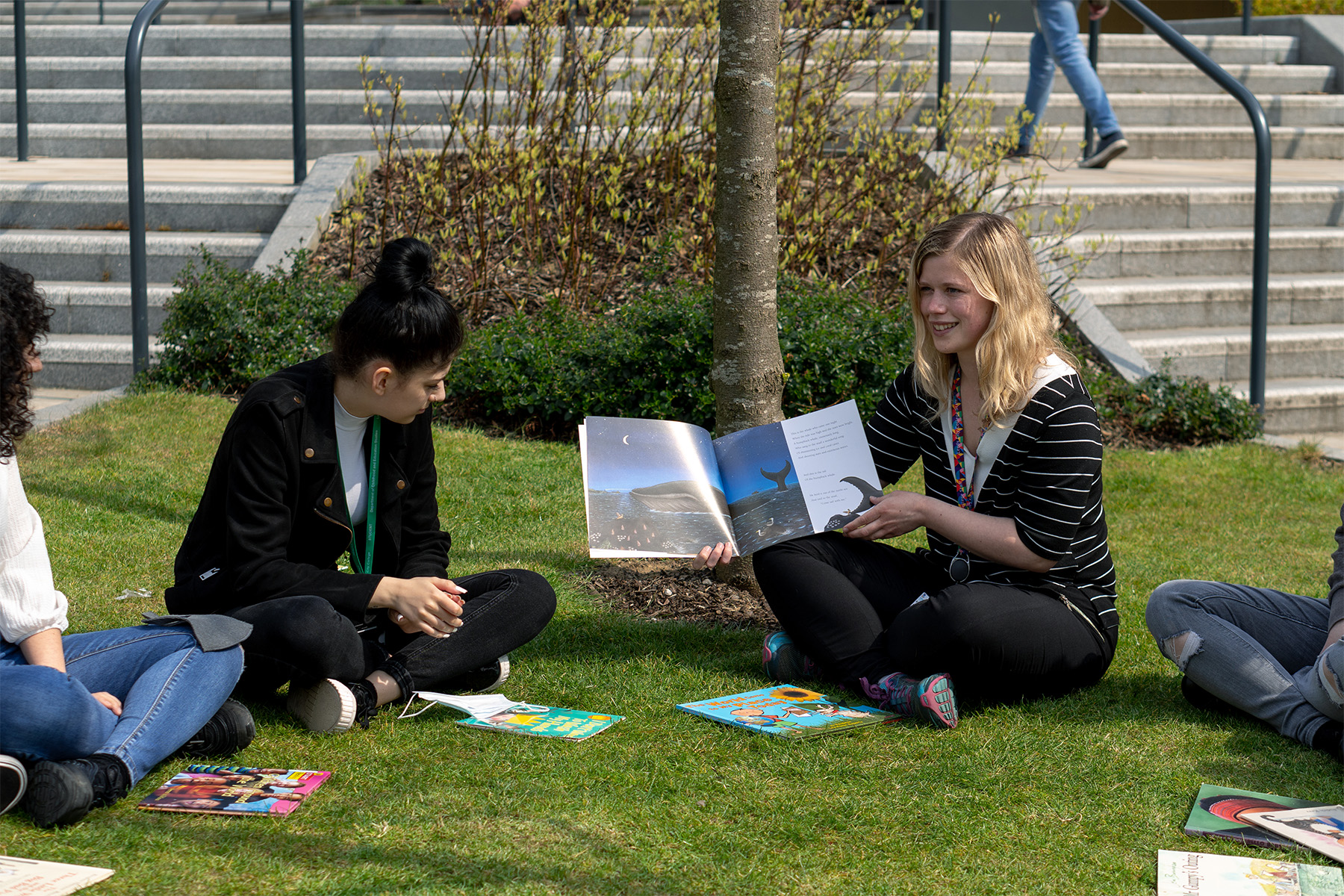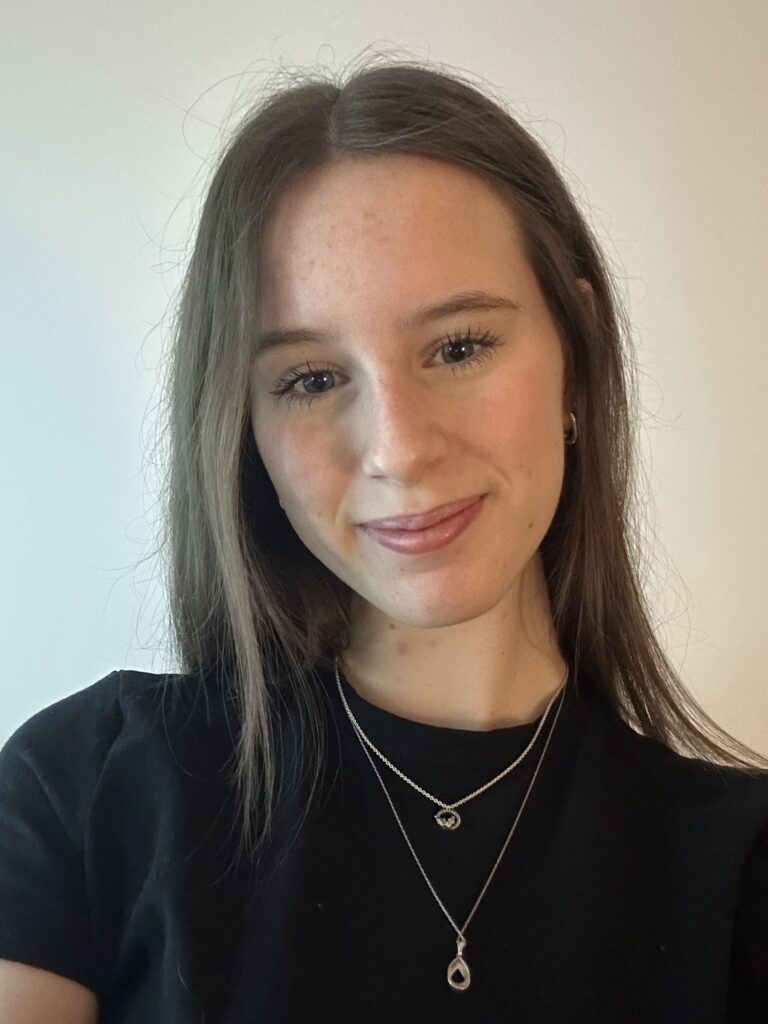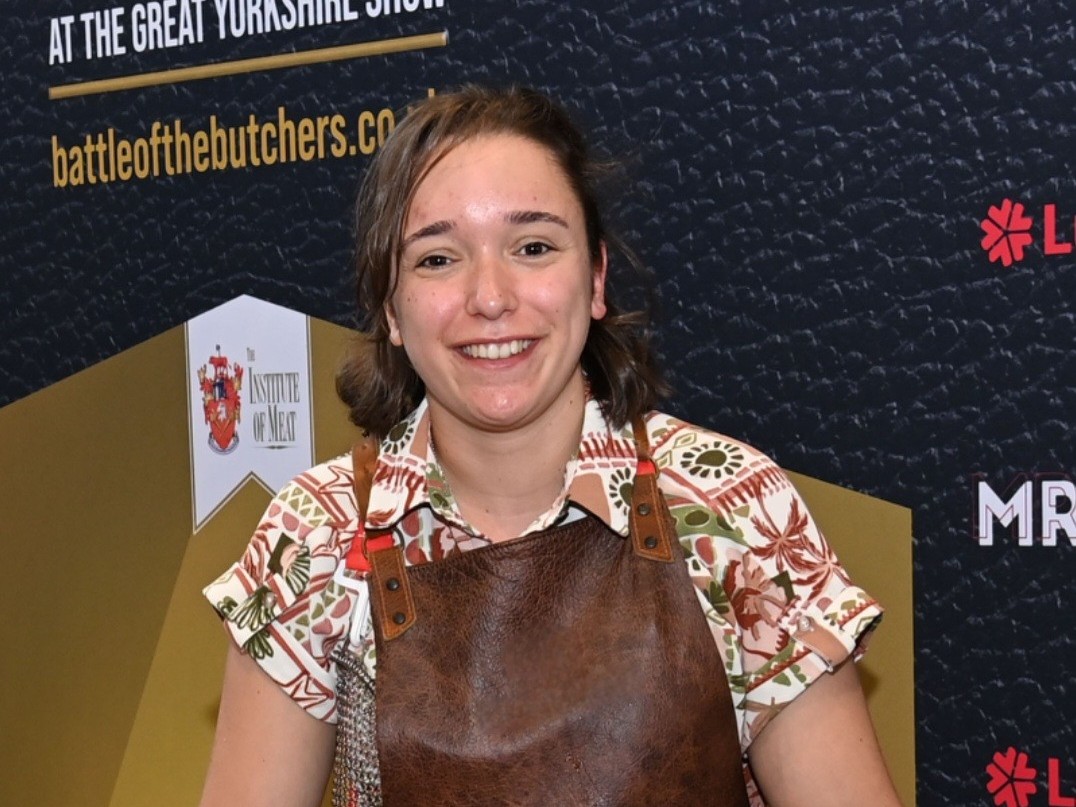A spotlight on Education & Early Years T Level students
Posted: December 5, 2024

If working with children is your career goal, you might consider taking a T Level. As an Education & Early Years T Level student, you will spend two years learning child development theories and applying them in real-world settings.
You also have the choice of specialising as an early years educator or teaching assistant, opening the door to a future career as a headteacher, nursery worker, special educational needs and disabilities (SEND) assistant, among many others.
We spoke to two second-year students to understand what studying an Education & Early Years T Level really involves.
You explore different fields of teaching
Kelsea Bartram says her foundation year helped her to learn new ideas relating to primary education and the lives of children.
“I studied child development, education support, safeguarding and behaviour. I also learnt practical ways of tackling challenges like physiological, linguistic and emotional development barriers – which are really valuable for making a difference in a child’s life.
“The course also teaches you how to work well with parents and other education professionals, which is so important given the different types of specialisms available. It was great for building an understanding of SEND, equality and diversity, reflective practice and English as an additional language (EAL)”.

The more you learn, the better your approach gets
Malaika Abbas says studying a T Level has given her an advantage over non-T Level students.
“I’ve always been deeply interested in working with children, particularly when it comes to playing with them, understanding their needs and supporting them through different situations. This is one of the main reasons why I chose to study T Levels over other qualifications.
“My second year is teaching me how to apply these skills in real-life situations, including various observation methods to plan a child’s next steps. I’m also learning how to support and promote children’s play, development and early education, while collaborating with other professionals to focus on the child’s individual goals.”
There are plenty of opportunities to enrich your understanding
From fun-filled trips to attending engaging talks, our Education and Early Years department regularly organises extracurricular activities relating to the course material.
Kelsea: “In our first year, we attended the Jump Inc trampoline park as part of a team-building exercise. The nature of trampolining encourages social interaction with others, and the entire class formed connections as a result.”
Malaika: “I had the opportunity to attend a T Level lecture, where myself and two other students gave a talk. We spoke about our opinions on T Levels and the things other companies could take from our experience, to better their own childcare provisions.”
Kelsea: “I’ve applied for the Barcelona Academia Igualada 2025 college trip, where I’ll spend two weeks working in an international primary school and living independently with three other candidates. It’s an amazing opportunity to learn about Spain’s culture and share my experiences with others, which I hope to incorporate into my teaching in the future.”
The work experience is invaluable
The industry placement is a vital element of T Levels, requiring you to spend at least 45 days (315 hours) working with an employer. This can be once a week, in set blocks or as a mix of both.
Malaika: “My T Level has enabled me to support and care for children on a weekly basis, allowing me to establish bonds and positive relationships with the children. The experience has shaped me as a practitioner, developing my sense of compassion, patience and leadership skills.
“These skills have adapted the way I work with children, allowing me to apply what I’ve learnt in the classroom and on the ground daily in my practice. I have a deeper understanding of what it means to work with children and I would not have developed this without T Levels.”
Kelsea: “I attend a primary school setting each week and frequently attend block weeks. It’s a unique opportunity to gain hands-on experience in a setting that fits your preferred future career – whether it’s with children aged 0-5 or 5-11.
“My own placement has been incredibly rewarding for me and I’ve gained over 500+ hours of working in a local primary school. By working directly with teaching professionals and being surrounded by the centre of education, I can see how the concepts I’ve studied come to life in the workplace.”
Latest News
See all news stories
From apprentice to award-winning butcher: Nikita’s butchery breakthrough
Posted: 13 February 2026
Nikita Somma is already making waves in the butchery world. With a sharp eye for detail, a passion for her craft, an...

Turning creativity and organisation into impactful projects: Phoebe’s apprenticeship journey
Posted: 11 February 2026
Phoebe’s journey into apprenticeships is a story of creativity, determination, and rapid professional growth. After ...

From first steps to future leader: Kobe’s apprenticeship journey in adult care
Posted: 11 February 2026
Kobe McGill began his career in adult care with no prior experience in the field, yet his dedication, empathy, and n...


Follow us on Social Media